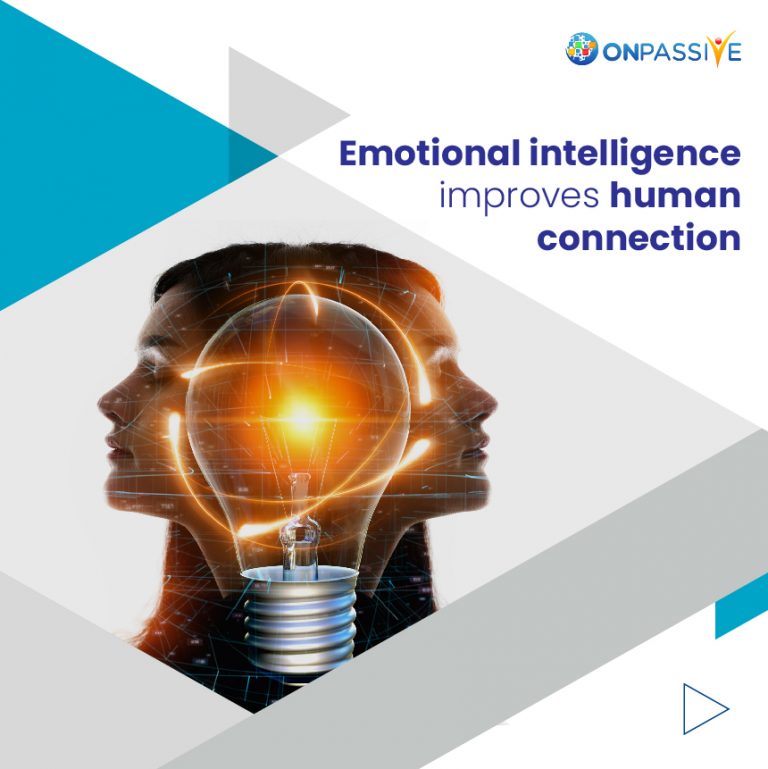
Artificial Intelligence automation is on the verge of disrupting every sector and forever altering the way we work. While decision-makers used to spend a lot of time on administrative activities like coordinating, scheduling, and making quick data-driven choices, AI will soon be able to take over these and other difficult jobs. Managers and leaders must now comprehend AI’s technical function and fill up the gaps in areas where it is still lacking, such as interpersonal and soft skills.
As automation increasingly replaces human decision-making, the next generation of managers with AI leadership skills will be required to take on higher-level responsibilities involving the human aspects of decision-making, such as creative ideas, employee development, and trying to bridge the gap between technology and people. According to Infosys research, business executives stand to benefit greatly from the arrival of AI.
As AI leadership skills become more widely used, their advantages are sure to outweigh the short-term problems they will bring. It is, therefore important that the leaders who might spearhead the transformation of the present workforce into such an automation-driven model possess the proper set of talents to manage both the machines and human sides.
Top 5 Necessary AI Leadership Skills
● Emotional Intelligence
In today’s fast-paced workplaces, emotional intelligence is one of the most valuable skills a leader can have. It is the capacity to identify and regulate one’s own and others’ emotions to reduce conflict and improve human connection. People that have a high EI can connect with others and show compassion and respect. Emotional intelligence is a crucial set of skills for the age of AI, as per a poll. According to the poll, 74% of executives believe that emotional intelligence would become a must-have ability, with demand anticipated to grow by up to six times.
● Agility
Because of the speed with which AI disrupts every industry, business executives must stay up with the pace of change and continue to make important decisions based on newly accessible technology. They should be able to embrace and appreciate change, motivate their workers to follow in their footsteps, and quickly adapt to it by acquiring new skills that will enable them to function with unfamiliar technology and processes. Here, leaders must see change as a chance to develop and create with their new tools rather than a burden.
● Empathy
Empathy is the ability to place oneself in the shoes of another and experience the world through their eyes. Empathetic leaders may develop great connections with their staff and generate trust, which can be very beneficial to the company. Managers that have more empathy for their staff have better job performance and are ranked higher. Empathy is also necessary for comprehending workers’ concerns and resolving team disputes.
● Culture Intelligence
People from all over the world and from various cultural backgrounds are spread at businesses, making them increasingly diverse. As a result, one of the most important AI leadership skills for managing extremely varied teams in establishing cultural intelligence. Successful leaders will be able to thrive across cultural divides by harnessing the many talents that people bring to the table. As a result, leaders must be knowledgeable of other cultures and be able to connect to people from various cultural backgrounds.
● Thinking Critically And Creatively
Even though AI can make reasoned judgments based on current data faster than humans and detect trends and patterns, leaders still have to do all of the critical thinking. Using facts, information, data, and experience, critical thinking entails analyzing situations from all angles. This component of logical thinking, which sometimes requires counterintuitive approaches to issues, is now beyond AI’s capabilities. It’s the same with judgments involving creativity and innovation. To be relevant, businesses must continually innovate to generate new solutions and business concepts. That is a task that AI is not capable of doing.
Conclusion
The crucial conclusion is that human leadership abilities will be just as vital, if not more critical, in the intelligence revolution. People are and will continue to be a company’s most valuable asset. However, the essential leadership abilities that we appreciate in the future may appear very different from the traditional leadership talents that we value now. I believe that softer, more human talents, like humility and emotional intelligence, will become increasingly essential in the future. So, if you are looking for AI-based products to enhance the leader in you, contact ONPASSIVE.


